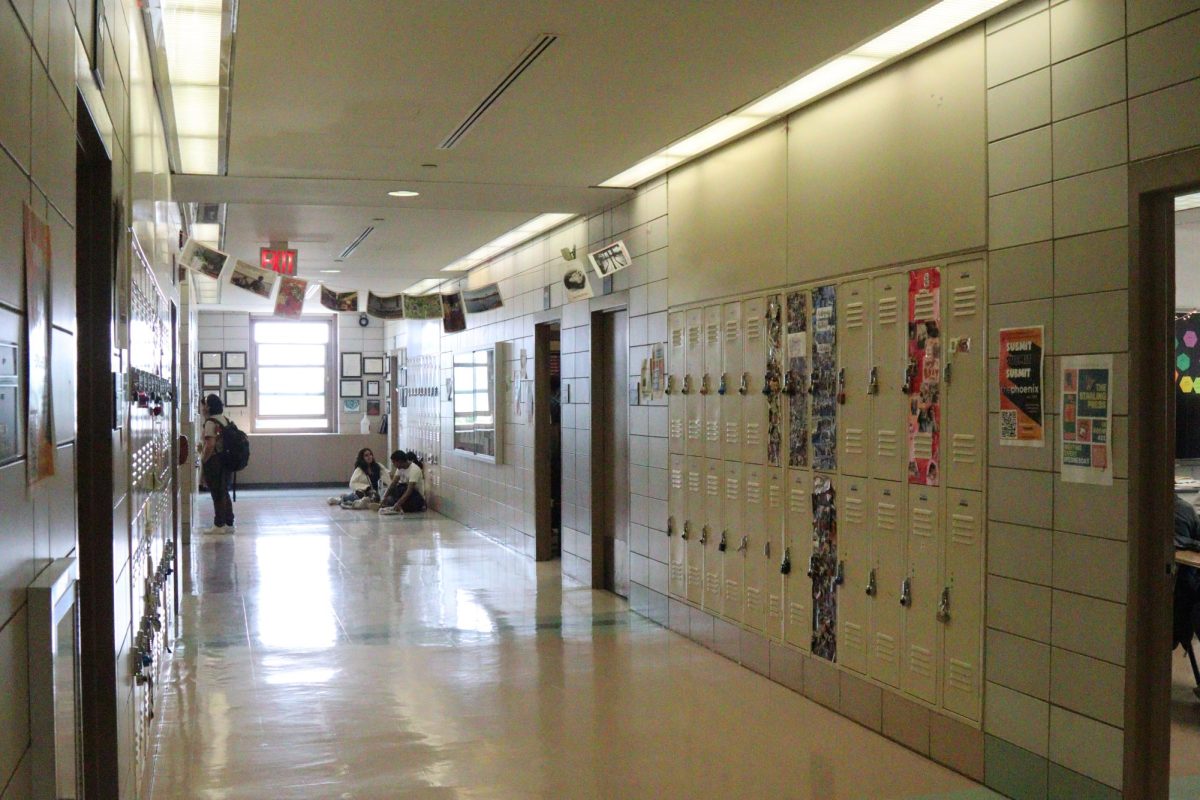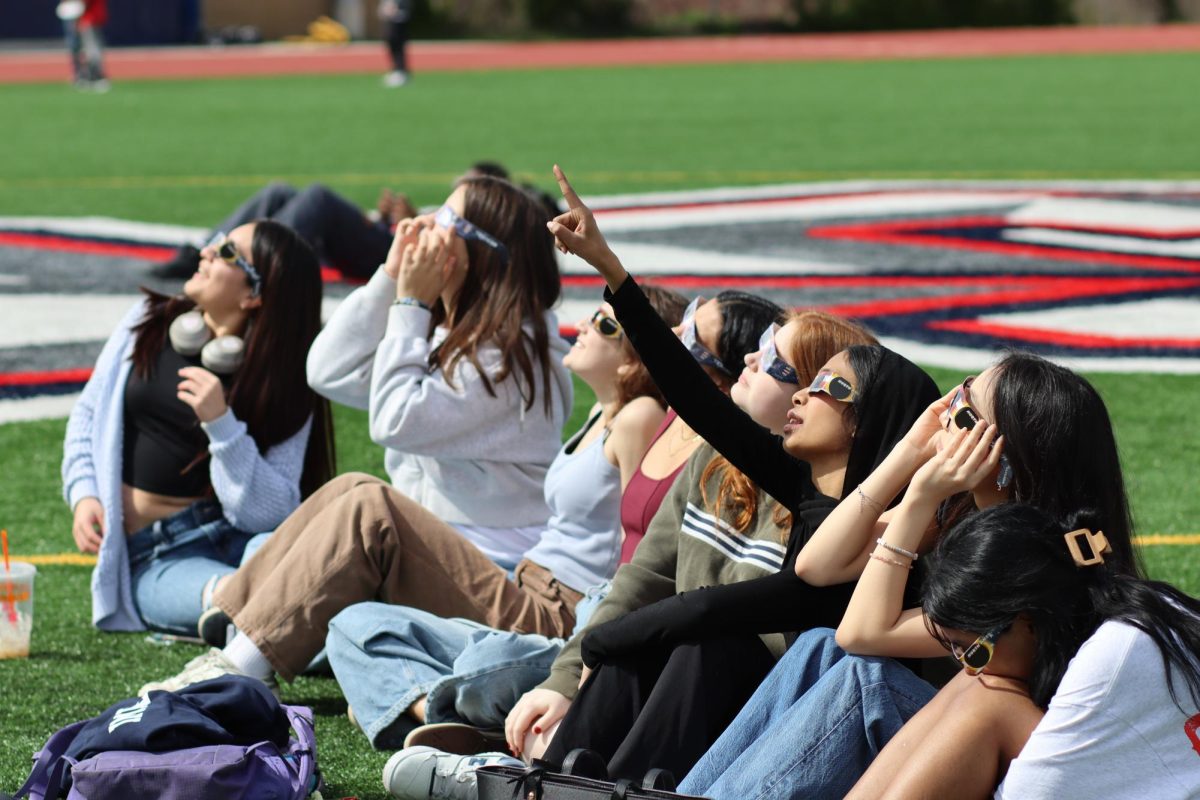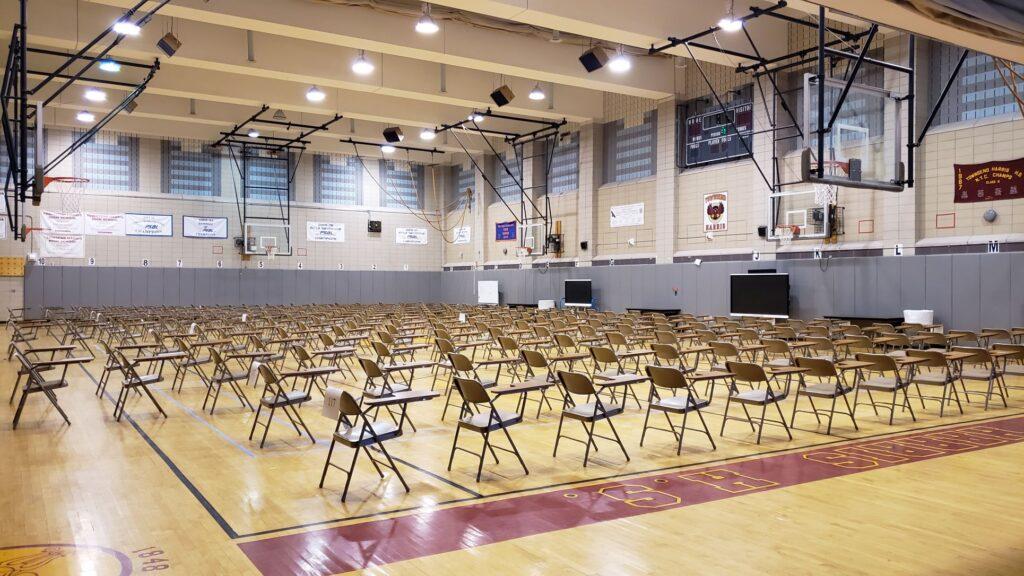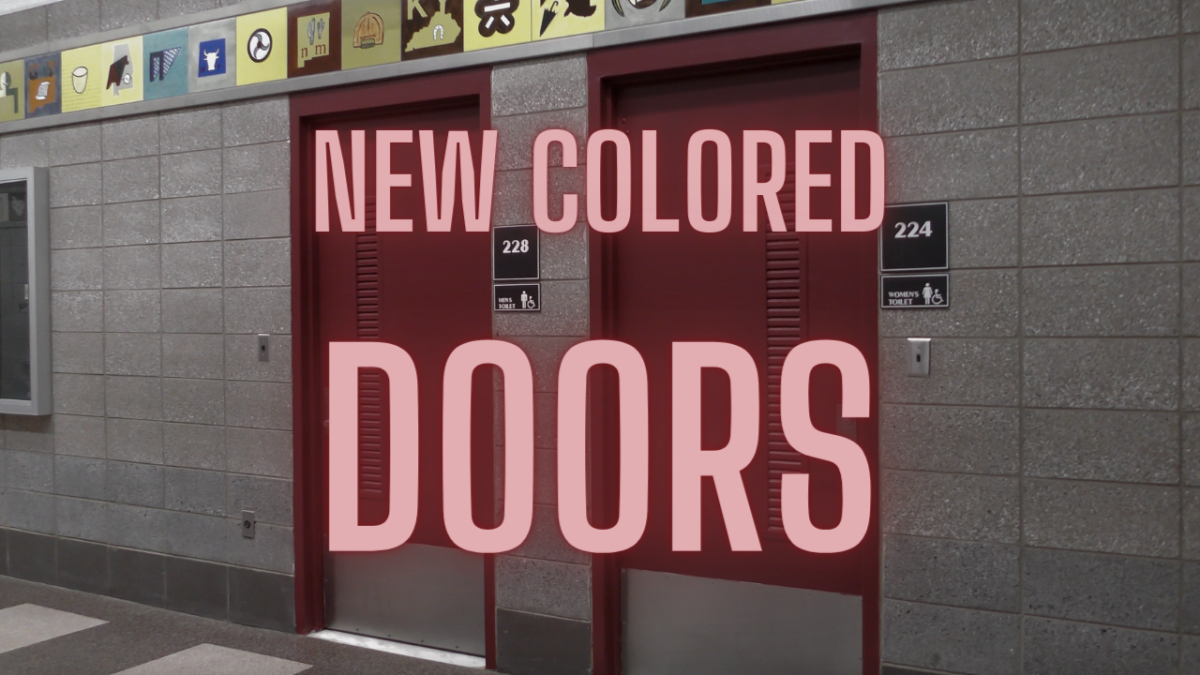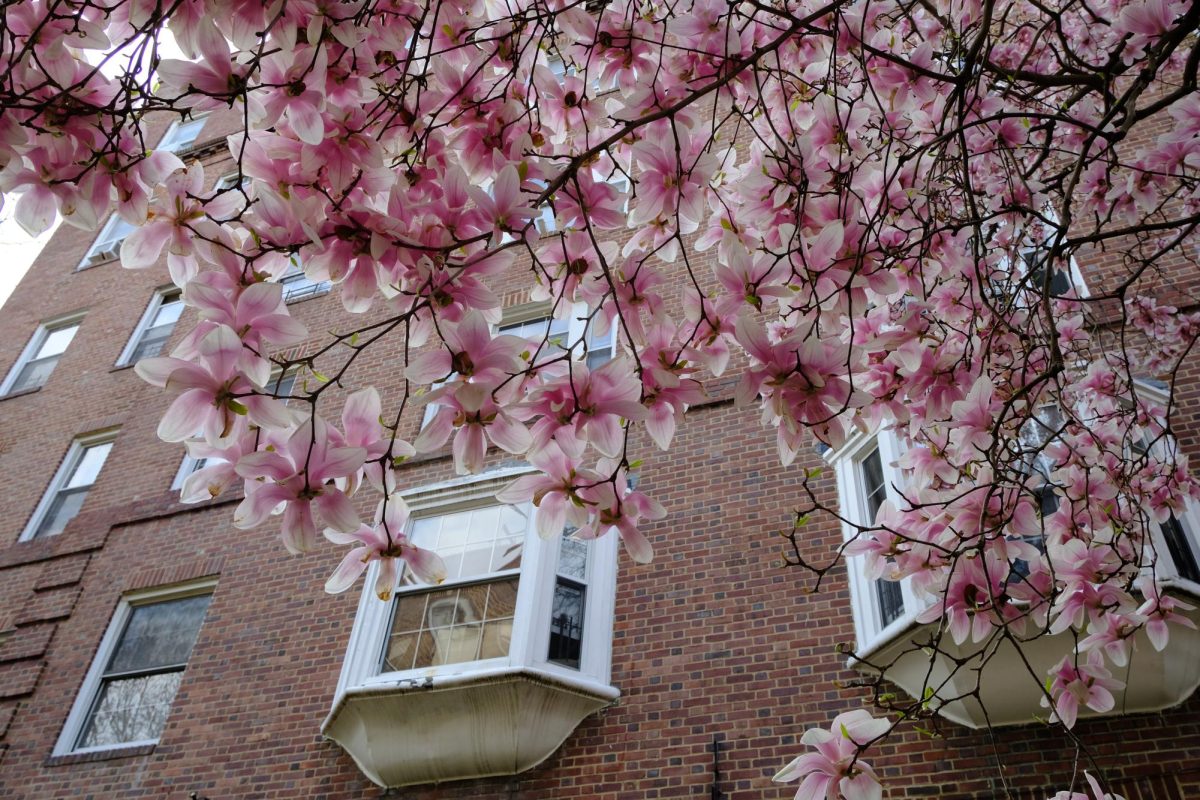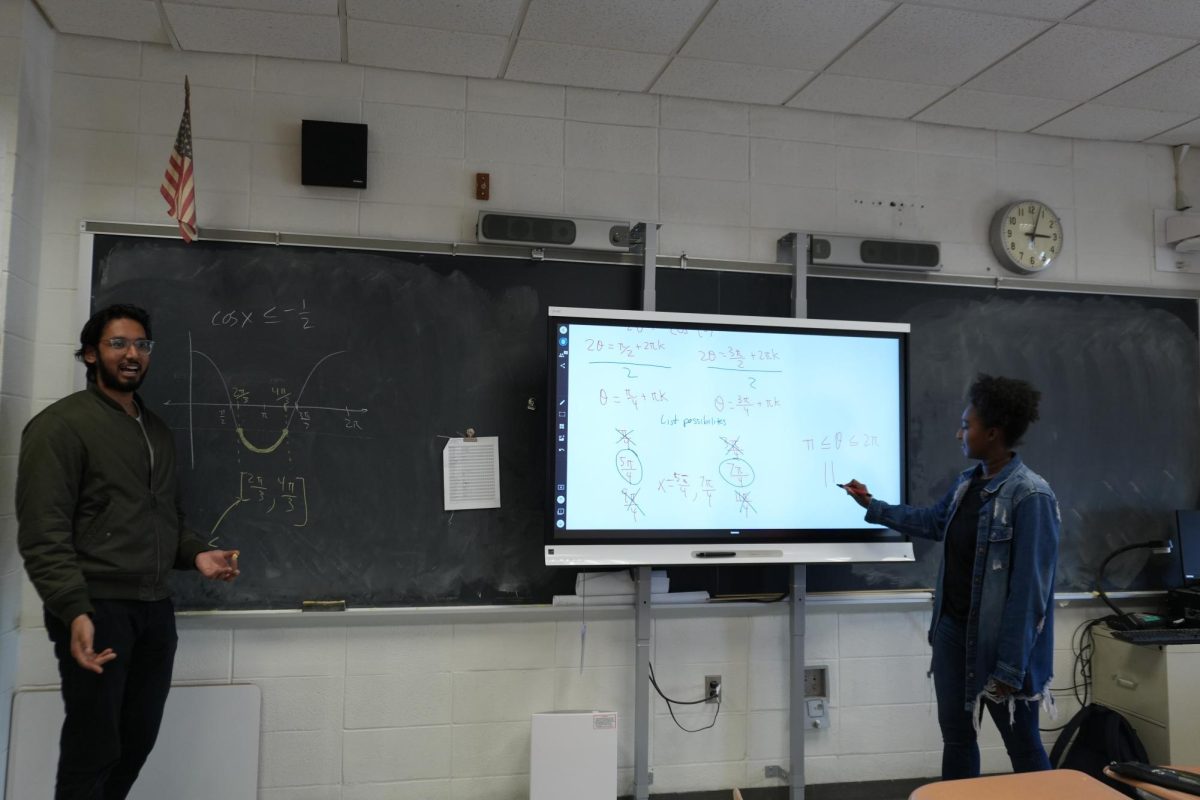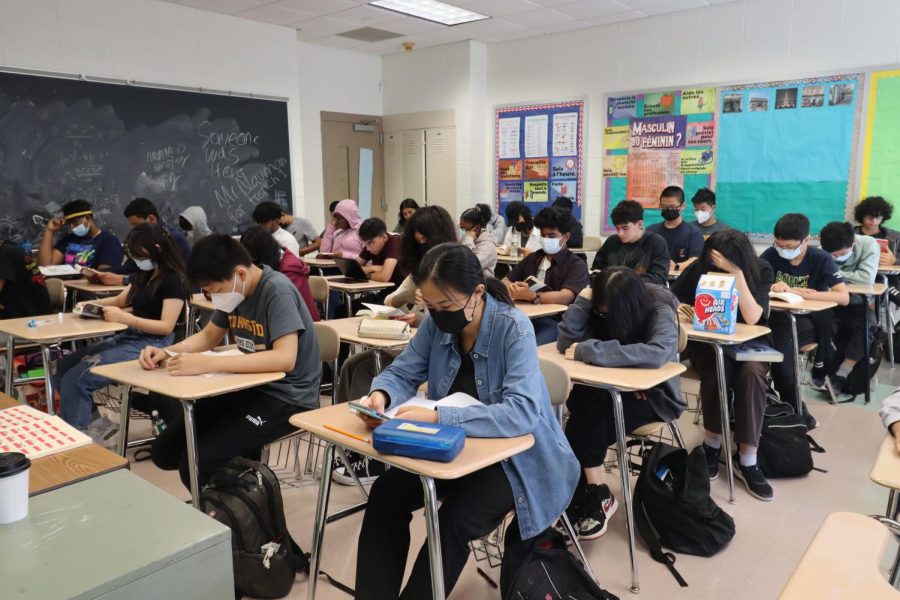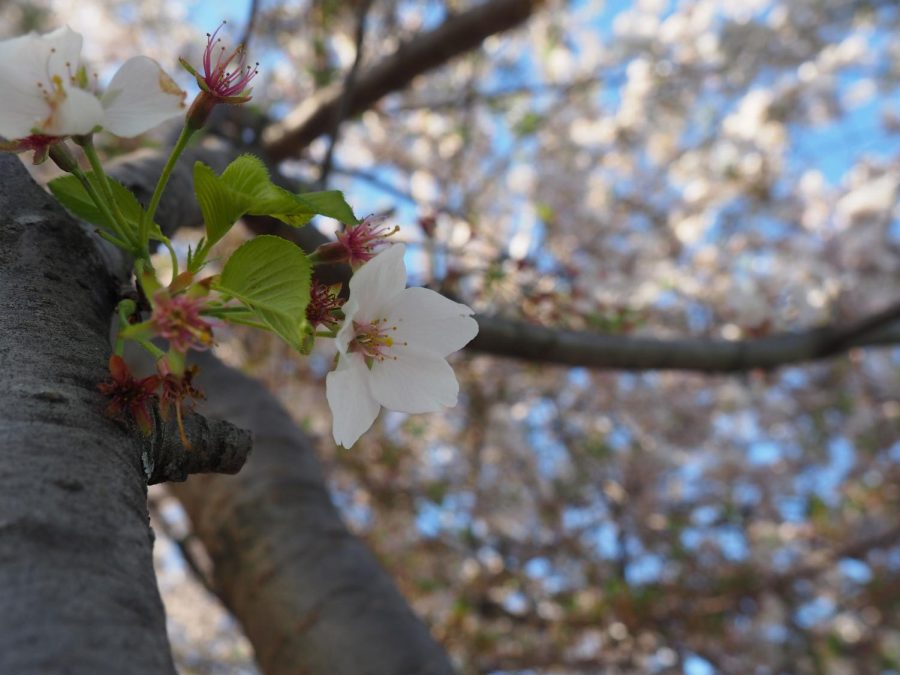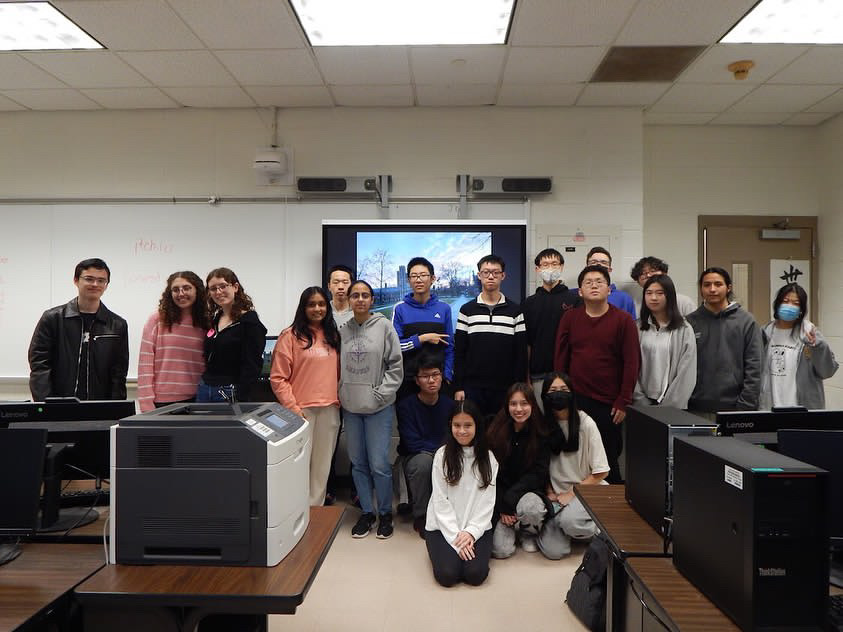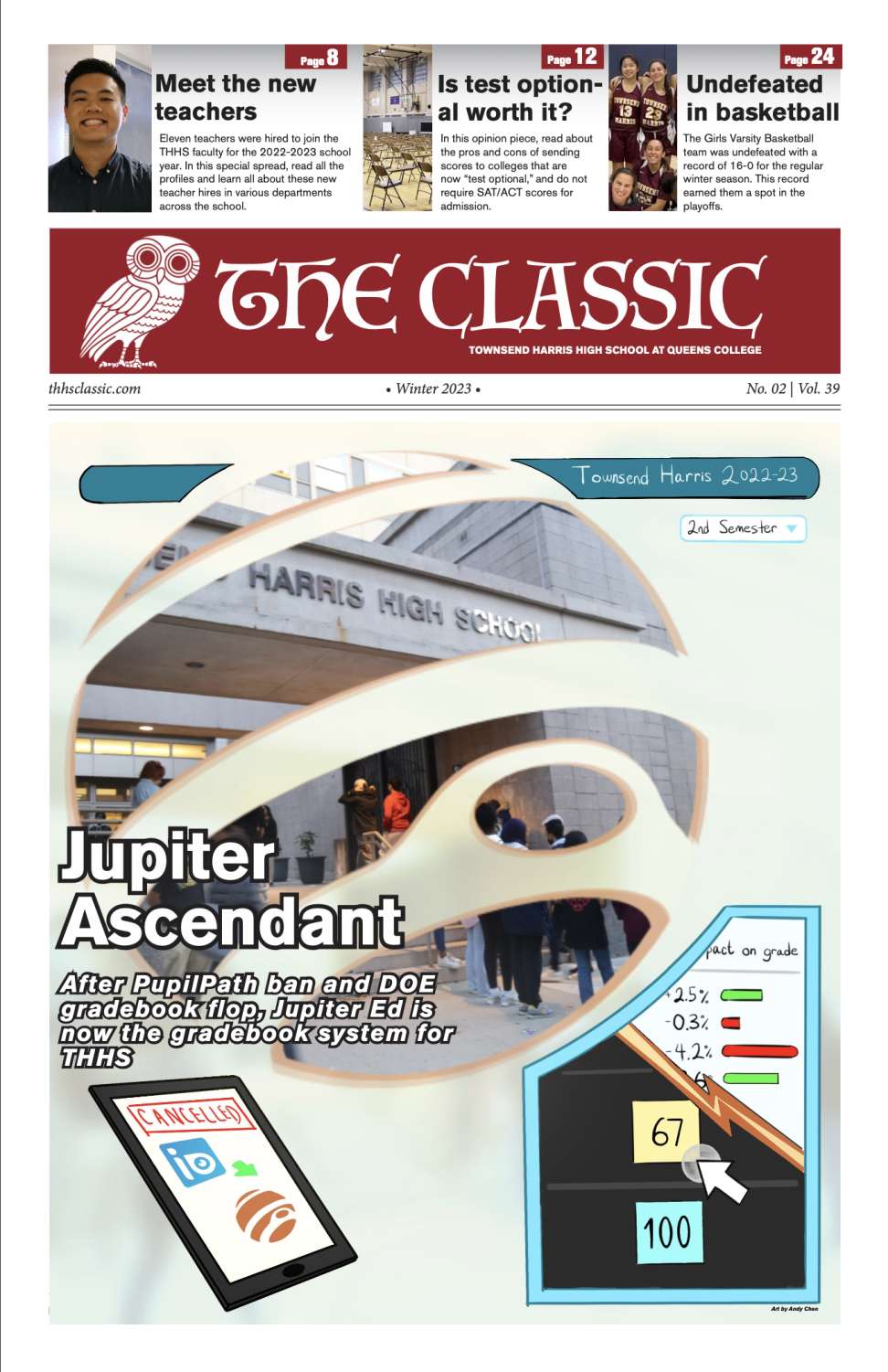
AT FIRST glance, the demerit system of Townsend Harris High School seems clear-cut. It provides an extensive list of infractions, matched to the corresponding number of demerits applicable for that offense. This system prides itself on being “an objective method of monitoring the behavior and citizenship of students.” Contrary to its description, however, the method isn’t very objective.
While analyzing the list of offenses in the student handbook, one begins to notice something striking: a lot of them sound very similar to one another. In fact, this is so prevalent that some infractions are entirely redundant. But that redundancy is not reflected in the gravity of the various offenses. For instance, the difference between “inappropriate conduct” and “substantially disruptive behavior” is three full demerits.
Another huge detriment to the demerit code is its ambiguity. Perhaps the most ill-defined violation is described as an “improper act”––as if any breach of the rules isn’t automatically improper––worth five demerits.
Most likely, the person who decides between all these ambiguities is the one issuing the referral. And oftentimes, the person giving a demerit has been rightfully offended by the misdemeanor in question, and might be acting irrationally. In such a case, students find themselves at the mercy of an arsenal of demerit-worthy charges, rather than the specific offense they committed.
To combat the subjectivity and ambiguity in the demerit system, three major changes must be made.
First, the demerit code itself must be rewritten to remove any redundancies or ambiguities, where subjectivity can interfere with jurisprudence. Moreover, there must be a rework of how we view crimes at THHS. It is more than obvious that some offenses at this school do not warrant their respective demerit amounts.
Second, teachers should make, or continue making, a concerted effort to always assign the minimum number of demerits warranted for any offense. By opting for a lesser punishment, teachers grant students some breathing room to rethink their offense. Granted, a number of offenses simply cannot be granted second chances, but a student can learn to refrain from disruptive behavior just as well with one demerit as he or she can with three.
Third, there should be a transparent way for students to appeal the demerits they receive. This complaint system can perhaps be established within the Student Union, through which students can present their case directly to the Dean with some due process. Although students can already appeal demerits by themselves, an organized presence from the student government would definitely be supportive and beneficial.
THHS boasts a nurturing and welcoming environment, where students come to learn as well as abide by the rules of the school. However, students feel neither nurtured nor welcome when they are crushed by demerits.


